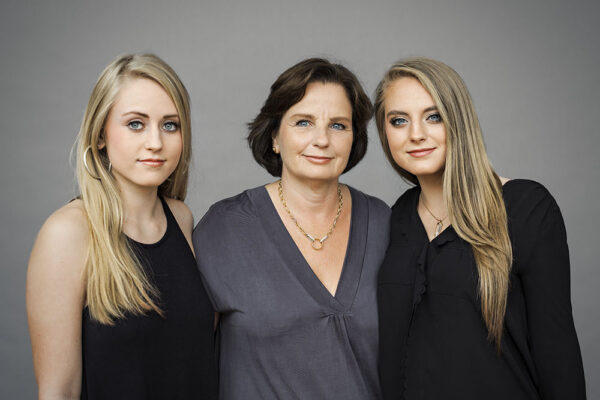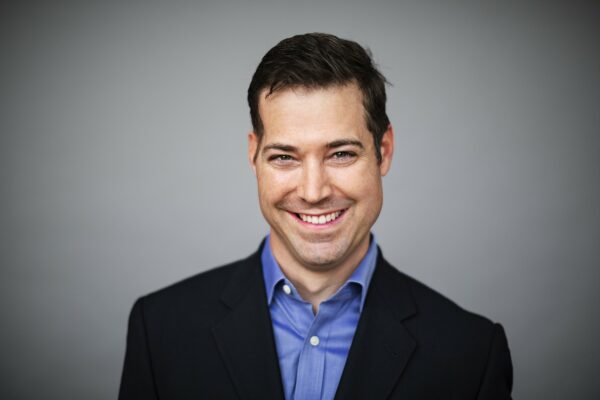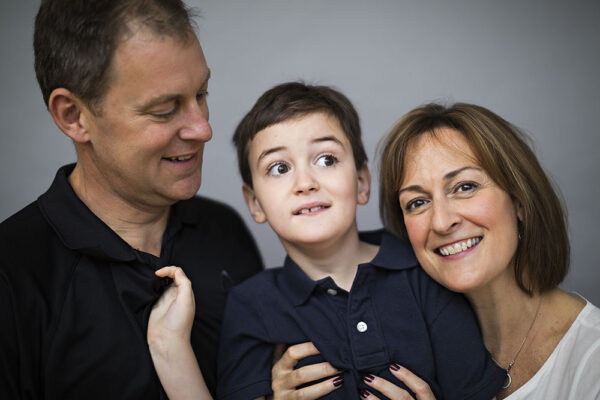
What was it about the work being done at the Brain Research Foundation that made you decide to join the Board of Trustees?
My first awareness of the BRF came about when folks from Channel 7 worked with the BRF on a fundraiser for John Drury—a hero of mine—a legendary anchor in this town for many years who was struck down by Lou Gherig’s disease (also known as ALS). To be able to support something that was important to his family made a big impact on me.
When your friends and family found out that you were a Trustee of the BRF, what did they say or ask?
The name, the Brain Research Foundation, is great because it clearly explains exactly who they are. When people asked, “well, what do they do?” I told them that they support research for every neurological disorder you can think of, so if Parkinson’s is your interest, or ALS, or concussions, etc.,they research all of these things. That’s what makes their narrative so strong. I think not being disease specific helps make significant contributions to research in all the various fields because the audience and support base is so wide and varied.
There are so many worthy charities and foundations doing excellent work and all are asking donors for financial support. What compelling message can you give as to why they should choose to donate to the BRF instead of another organization?
I think that everybody needs to know that the money raised at the BRF goes directly to the researchers tackling the most complicated neurological issues in their various fields. Many organizations have significant administrative costs, but the BRF tries to keep operational costs low and those expenses are generally covered by the income from investments. This means that the BRF is in a unique position and can say that 100% of donor dollars goes to research and education. Additionally, the seed grant money that the BRF provides to these researchers enables them to receive greater funding from other sources, including the government. This is what sets them apart from so many other groups—that the money you donate to the BRF goes directly to the neuroscience researchers or to education initiatives. They really are making a difference.
Interest in the BRF seems to be growing. Why do you think that is?
I think that people understand that so many neurological issues affect so many families in one way or another. Maybe it’s your close friend, your brother, someone you know or somebody you love is or will potentially be affected with a neurological disease. Once you realize this sobering fact, you can turn to the BRF as an ally. It gives family members a resource and a way to get involved with an organization that is making a difference and funding groundbreaking research.
Is there any personal anecdote that you wish to share with the BRF audience, to explain why you are so passionate about what they do?
The reason I believe in the mission of the BRF so strongly is because it furthered the research of important issues that could affect any family. I have a brother with Down syndrome and it is something I have spent my life trying to learn more about. In addition, I have relatives who live with mental illness and multiple sclerosis, and I want to be part of the solution when it comes to better understanding them, and perhaps even conquering them some day. This is why the BRF is so relevant, because it deals with a wide array of issues that affect all of us.



